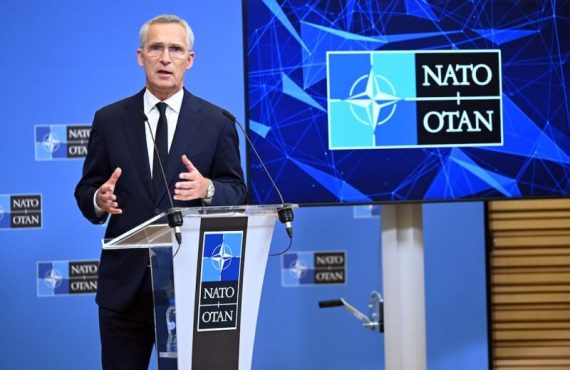N
ATO Secretary General Jens Stoltenberg issued a stern warning to allies on Thursday, November 9, 2023, about the risks of integrating Chinese technology into their critical digital infrastructure. Speaking at NATO’s first annual Cyber Defense Conference in Berlin, Stoltenberg urged that the lessons from dependence on Russian energy must extend to technology, highlighting the need for caution to avoid similar vulnerabilities.
Stoltenberg’s concerns are rooted in the belief that China, while not a direct adversary, poses a challenge to the West’s values, interests, and security, particularly in the digital realm. He accused China of attempting to reshape the future of cyberspace with little transparency and scant regard for human rights, using technology as a tool for domestic repression.
The NATO chief pointed to China’s global export of state surveillance technologies, including facial recognition, and its efforts to push new internet protocols at the United Nations, which he sees as a threat to the concept of a free and open internet.
Strengthened cooperation among NATO
Amidst these challenges, Stoltenberg called for strengthened cooperation among NATO members in the development of new technologies and cybersecurity strategies. He emphasized the critical role of the private sector in this endeavor, advocating for more collaborative planning and exercises to secure cyberspace for NATO’s collective population.
High-level officials, including German Foreign Minister Annalena Baerbock and representatives from Luxembourg, the Netherlands, Albania, Finland, and the United Kingdom, attended the conference, underscoring the broad concern and commitment to cybersecurity among NATO countries.
The warning from Stoltenberg reflects growing NATO apprehensions about technological dependencies and the strategic implications of relying on Chinese infrastructure. These concerns tie into larger geopolitical tensions and highlight the need for a concerted approach to national security and economic interdependence in the digital age.
“Challenge the notion of a free and open cyberspace”
“It is also proposing new internet protocols at the United Nations, to challenge the very notion of a free and open cyberspace,” Stoltenberg said.
“Through NATO, we can work together to strengthen our own cyber-security, build a secure cyberspace for all, and keep our 1 billion people safe,” he said. “It is not possible to keep our nations safe without the private sector. So, we need to talk, to plan and exercise more together,” added Stoltenberg.
Stoltenberg’s message reinforces the alliance’s focus on strategic foresight and adaptability in navigating the complex interplay of technology, security, and international relations, stressing the importance of safeguarding critical infrastructure in a rapidly evolving global landscape.
Sources: Anadolu Agency and BNN Network
Recommended





